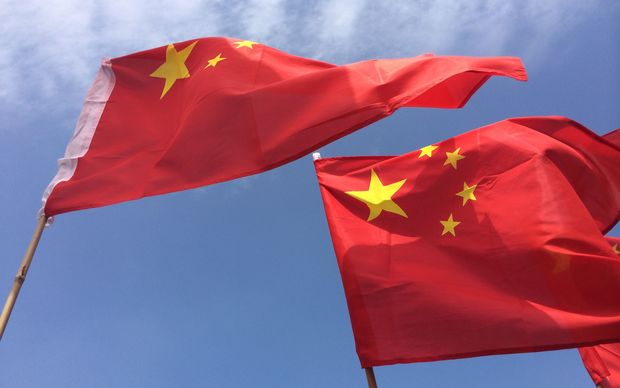The Communist Party of China (CPC) will turn 100 July 1. When the party was founded in 1921, the CPC had only about 50 members and China was then an impoverished and weak country being bullied by foreign powers. Hundred years later, the CPC today has over 90 million members and China occupies the position of the second largest economy of the world. After having created and distributed COVID-19 world over, China is ready to celebrate the party’s centenary with fanfare for which elaborate arrangements have been made. It has become such an economic power house that while developed countries such as the USA, Europe and Japan are reeling under the COVID-induced economic slowdown, China has emerged as the sole winner. It has achieved an economic expansion of around 2% in 2020 and is preparing to set a growth target of around 8% for 2021. The way it is progressing, China is going to overtake the US to become the world’s largest economy by 2028, five years earlier than previously predicted. This is the latest estimate made by the UK-based Centre for Economics and Business Research (CEBR).
The CPC has planned the celebration in such a manner that it is using all its agencies to send the message across the globe that its political system of one-party rule is the best despite Western democracies’ ‘slander campaign’ of serious human rights violation and repression of minority population in China. The CPC claims credit for what it calls 70 years’ struggle since 1949 to establish a relatively complete and independent industrial and national economic development to significantly improve people’s livelihood and boost comprehensive national power. Since the end of World War II, more than 100 economies have achieved national independence. However, only two economies grew from the low-income stage to the high-income stage from 1950 to 2008. They are South Korea and Taiwan. CPC asserts China can rightfully claim to be the third one by 2025.
It also believes developing countries can learn from it on how to run a party system as political parties in other countries have over the years been either fragmented, reorganised or withered away. But, CPC claims it has grown from strength to strength as it has its roots in the people. However, China’s per capita income – about $11,900 – is way behind that of developed countries such as the USA.
China’s State Council Information Office issued a white paper titled “China’s Political Party System: Cooperation and Consultation,” elaborating on the distinctive characteristics and strength of the country’s political party system. The white paper explains the system is the product of a combination of Marxist political party theory and China’s reality best described by President and CPC General Secretary Xi Jinping as socialism with Chinese characteristics.
The 19th CPC Central Committee adopted a new strategy late last year formulated by Xi to make domestic consumption in China the main pillar of the economy so as to reduce reliance on external demand. The strategy envisions a future global economy in which China does not rely on the world but the world cannot stand without China. The strategy’s purpose, as summed up by Xi, is to increase the dependence of international supply chains on China and establish powerful retaliatory capabilities against foreign powers that would try to cut supplies.
The new strategy was adopted as Xi seems to be convinced that the US under Joe Biden would decouple its economy from China’s. At any rate, the world powers are eyeing with suspicion China’s expansion in the South China Sea and the Asia-Pacific region.
